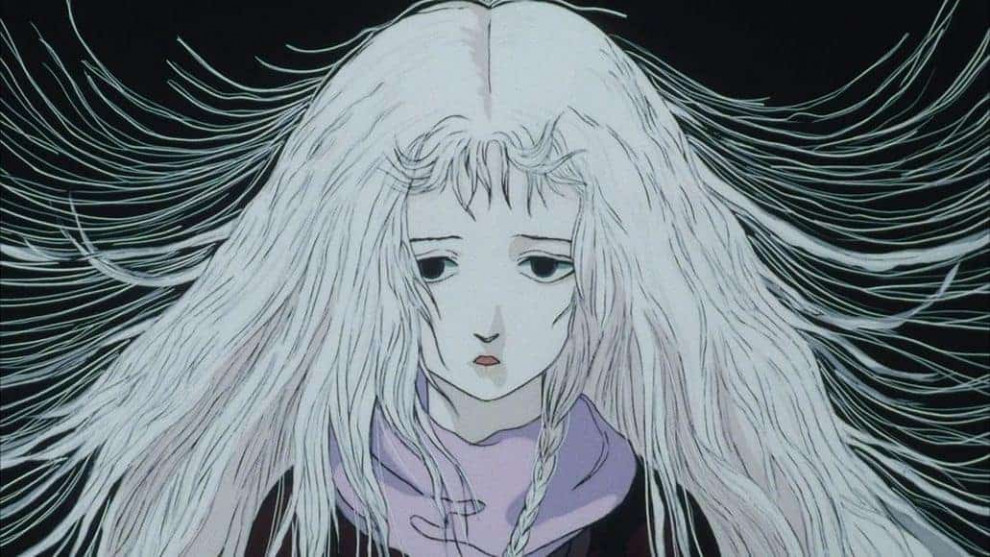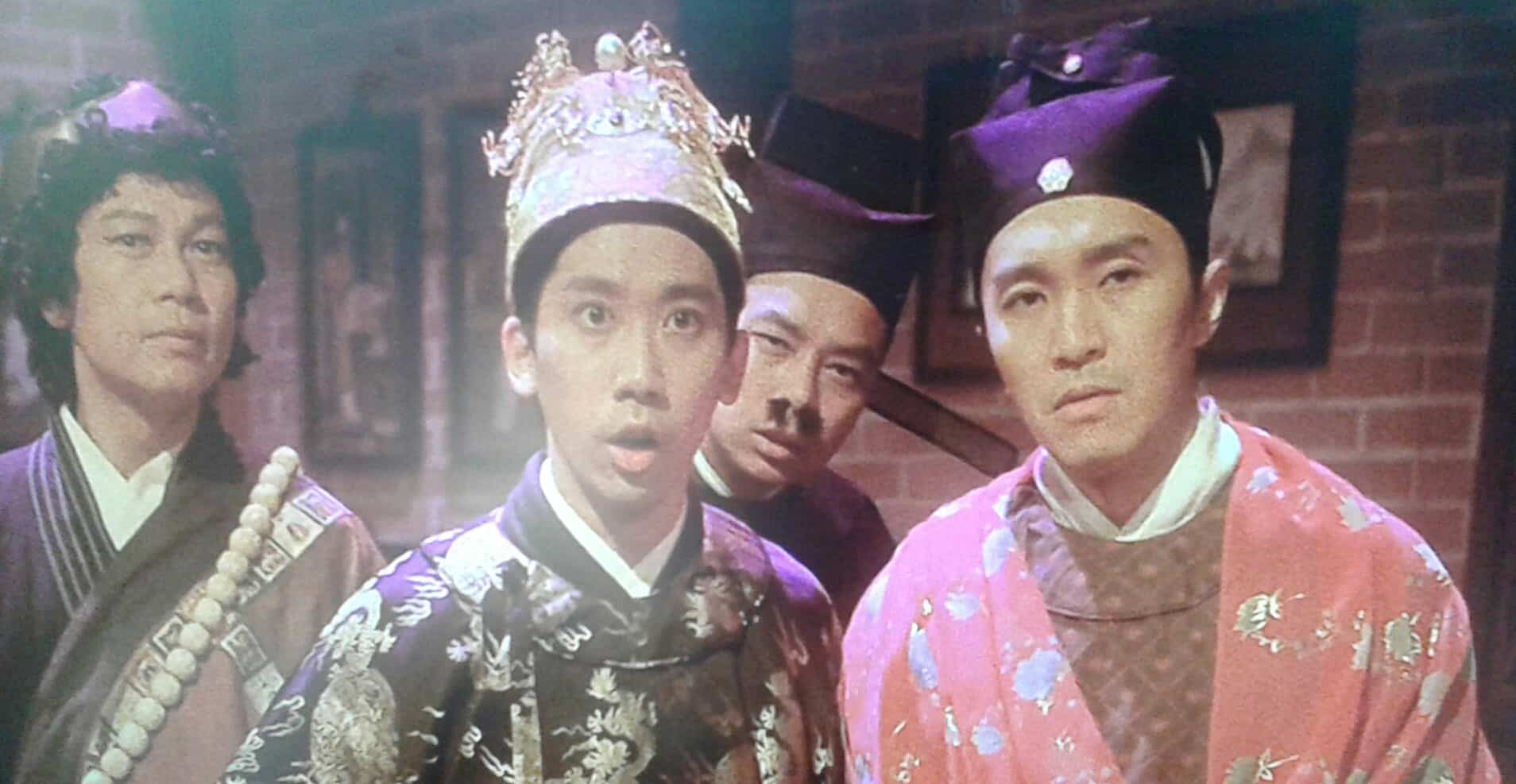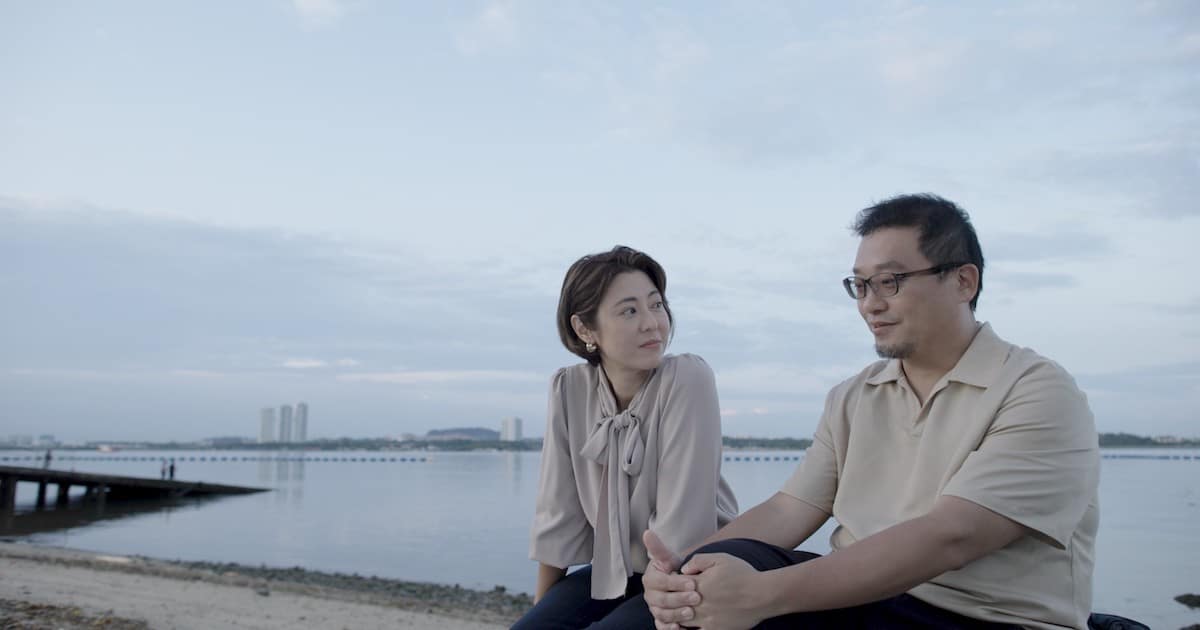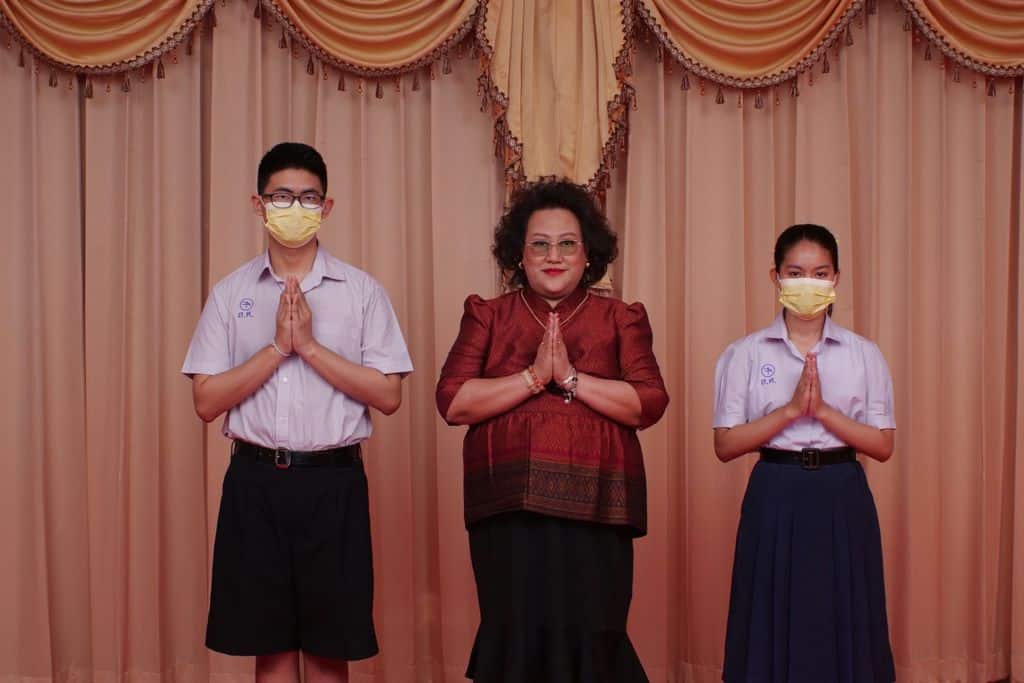If your perception of anime and manga adaptations is limited to the action-focused likes of “Dragon Ball Z” or “Naruto”, Mamoru Oshii's “Angel's Egg” would shock you. A tale of a young girl (or woman? The character design often seems inconsistent, although this could be a conscious choice) walking through the ruins of a forgotten civilization with an egg under her dress is definitely an anomaly running contrary to the stereotypes of what constitutes an anime film. Although its meditative tone and pace is predominantly a seducing one, Oshii's disciplined storytelling sometimes lacks an edge.
Buy This Title
Oshii, before becoming an acclaimed director mostly recognized as the creator of the “Ghost in the Shell” series, made his first independent foray into the world of anime with a completely different kind of project. Oshii's “Angel's Egg” offers a far more enigmatic and toned-down narrative. It's a slow-paced and eerie film that constantly keeps the viewer guessing about both the story and its characters. The narrative raises a couple of rather fundamental questions such as “who are they?” “Where are they?” as well as “what's with the egg?” that remain largely unanswered throughout.
It takes a lot of caution to say anything certain about Oshii's film, but one of the more overt elements of it are definitely the various references and riffs on Christian parables and tales (Noah being the main inspiration). The world inhabited by the film's characters survived some sort of deluge with vast areas covered with water. In a sense it is a post-apocalyptic vision, yet it also is a very serene one.

The water itself is actually a separate character within that world. The symbolism of fluidity, transition and change is very prevalent. The structure of the narrative itself is also reminiscent of a river, with the beginning being a rather slow and intimate story about a girl wandering through an abandoned world. Yet, once the second character appears the viewer is exposed to a much grander vision of an entire society submerged in a hallucinatory stupor. The dream-like quality of “Angel's Egg” is further reinforced by very static cinematography and editing, as well as by the fact of the entire film being set during the night-time. The fable-like aesthetic as well as the intricate character design create an aura of stillness, which is quite strange, because if I was to characterize “Angel's Egg” I would probably describe it as a road movie.
What's really problematic for me with the film is how through its mysteriousness it tries to efface the central issue, which is the lack of substance. Oshii creates a fascinating and weird world, but the story that's put inside of it seems pale in comparison. Although its poetic qualities are undeniable, and “Angel's Egg” is probably Oshii's most personal work, it also felt too introverted for me. The egg and water symbolism I analysed above is rather simplistic. I really struggled with finding anything stimulating apart from the sheer aesthetics and almost shockingly slow pace of “Angel's Egg”. In his later works, the director demonstrated time and again his ability to employ anime as a vehicle for potent philosophical ideas as well as interesting critique of the contemporary times. Yet here, the meditation on faith only seems to scratch the surface of something much larger for me.
















